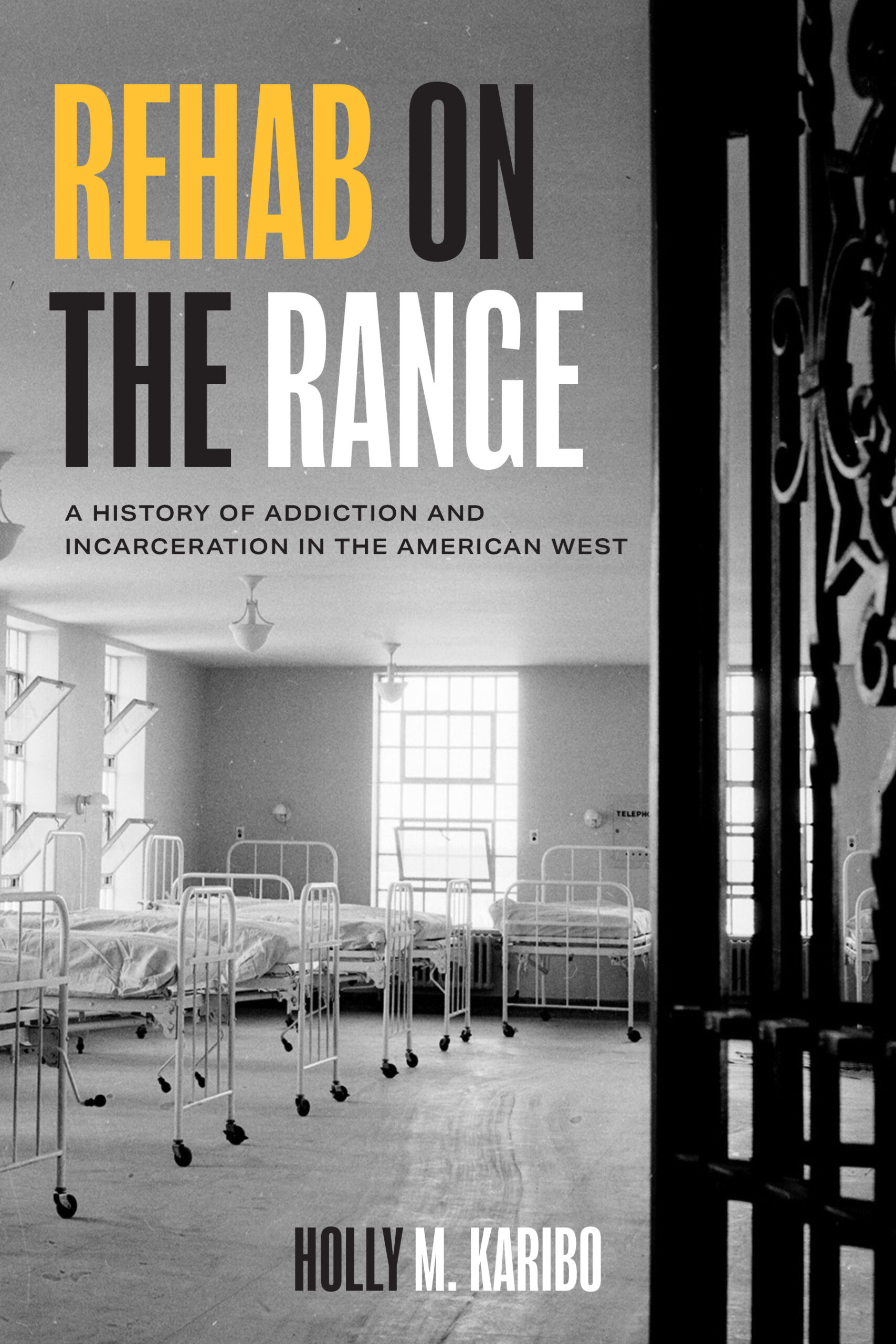Legal beagles in the post-World War II era of expanding executive power are currently leaning heavily on two federal policies that originated in the ancient governmental system of monarchy. One policy is a “long-standing Department of Justice policy,” which says a sitting president cannot be prosecuted for earlier crimes he has committed. So, Jack Smith feels like he must wind down his Jan. 6 and classified documents cases, likely ending them forevermore.
Another policy says a sitting president also cannot be prosecuted for any new misdeeds he commits while exercising his core constitutional powers that involve running the executive branch. So even if he acts like an all-powerful Egyptian pharaoh turning citizens he doesn’t like into brick-making slaves, he can do that with no problem, because he is operating within the scope of his constitutional duties, one of which includes building executive department office buildings.
Under this particular new Supreme Court policy, a president must be able to complete his planned string of criminal acts within the time frame allotted to him by the electorate (four years), unless of course he ignores the Twenty-second Amendment limiting him to two terms and extends his term to lifetime like Vladimir Putin, in which case he can never be prosecuted at all for anything.
That new Supreme Court policy is why Moses gathered up his friends, left Egypt, and set up a democracy where everybody, even the chief, is accountable for his actions even while in office.
By the way, Moses complied with his own new legal constitution, the Ten Commandments. Turns out, he committed a crime at the waters of Meribah and was not allowed to enter the land of Canaan with his fellow citizens. In other words, he was banished from his home, which is a common punishment for committing a felony in the ancient world.
If citizens great and small cannot be held accountable for misdeeds when they are uncovered, they cannot and will not be constrained within the social boundaries necessary to maintain “domestic tranquility” in their future relationships with fellow citizens. Everything will tend toward chaos, violence, disruption and, well, unending crime. That is where our Department of Justice policy and our Supreme Court policy are taking us today.
There is an even longer-standing legal theory from the time of Adam and his two sons Cain and Abel. Cain was the first to assert today’s popular American libertarian political idea that no citizen can ever be required to be his brother’s keeper. Cain was so jealous of his brother that he carried out plans to kill him rather than be forced to break bread with him as his parents wished him to do. This theory provides the legal justification for rich criminal politicians of both parties keeping a stable of expensive lawyers at hand in order to avoid accountability for their outrageous actions
However, the legal theory of democracy beginning with Moses and continuing with Jesus overturned the early doctrine of Cain and replaced it with the idea that one must love, protect and come to the aid of one’s neighbor. In other words, one must be the neighbor’s keeper, rather than deprecate and petulantly destroy the neighbor. No citizen, from the highest to the lowest, can avoid this responsibility, even the president. And, incidentally, no citizen from the highest to the lowest can avoid or delay prosecution for crime, something in America we like to call “speedy justice.” Speedy justice is democracy’s ruling principle, not endlessly delayed justice, which is no justice at all.
Kings and tyrants have always said they can do no wrong, and that their only duty is to take care of themselves, their castles, their special prosecutors and their secret police forces, and, of course, the many women who fit the bill as their sexual type. But that doesn’t mean we have to believe them and enable them, does it?
Kimball Shinkoskey lives in Woods Cross, Utah.
 Kimball Shinkoskey
Kimball ShinkoskeyThe post Commentary: Seduced by monarchy appeared first on MyRGV.com.
 (2).png)
 3 months ago
75
3 months ago
75








 English (US)
English (US)